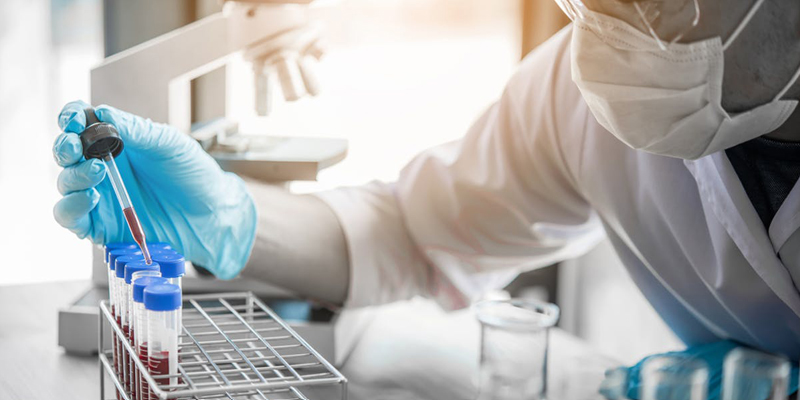Diagnosis is better than Disease. The word diagnosis hasn’t probably received so much attention and acclaim as it has now, during a worldwide pandemic, when detection and timely treatment have clearly emerged as the need of the hour. Diagnosis helps improve patient care, contributes to protecting a patient’s health and in some cases even helps limit healthcare spending.
For over half the century that has gone by, innovations in diagnostics transformed the practice of medicine in the western countries. Advancements in technology have further enabled the development of new generations of diagnostic tests. These technologies have revolutionized healthcare, by guiding timely medical intervention.
Diagnostic tests play a crucial role at every step of disease management – Diagnosis, Monitoring, Screening and Prognosis.
Diagnosis
Diagnosis helps find out if a patient is suffering from a specific condition. A diagnostic test detects a possible condition or confirms the lack of one. Sometimes diseases need to be studied over and over for not just their nature but also their stage or degree of development. Diagnostic tests form the framework with which healthcare professionals are able to better assess the effectiveness of the chosen treatment in stopping the progression of the disease.
Monitoring
Some chronic diseases cannot be cured, but the chosen treatment, medications, hormones and lifestyle changes can go a long way in avoiding a worse situation in the future. Monitoring steps in and checks to see if the disease is under control. Monitoring is able to look for decrease or increase in the disease, in turn dictating treatment options.
Screening
Some diseases like the modern COVID-19, while in the initial stages, may present minimum or no symptoms at all. This is where Screening comes into play. Screening studies patients who do not yet present any symptoms for a particular illness, to find out if the illness has begun to develop quietly. These tests are sometimes applied to populations at community levels, and are therefore affordable and easily accessible by all. Screening doesn’t diagnose, it only identifies people who may have a disease.
Prognosis
Prognosis is a little far-fetched, in that it helps assess the likelihood for developing a disease in the near or distant future, thereby assisting a patient to take necessary precautions much earlier than required of him. Genetic tests, for instance, analyse a patient’s predisposition for developing a disease, allowing the patient and his doctor to be more attentive to discovering early signs and to take preventive measures.
Thus, it is important to note that Diagnosis is integral to the process of detecting, treating, producing accurate results and curing illnesses. Diagnostic tests impact major healthcare decisions, though it also relies on an accurate interpretation of the test results, judgment and an expert bent of mind in prescribing the treatment.

